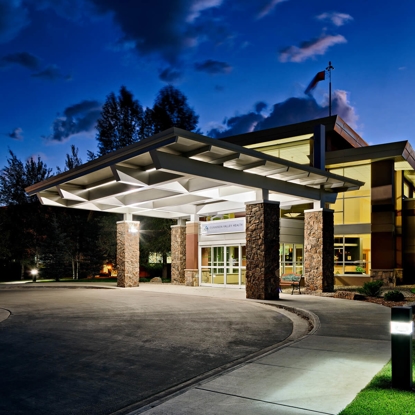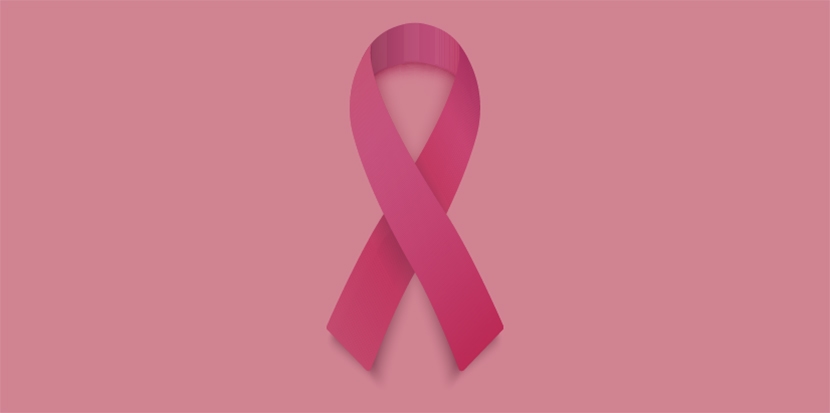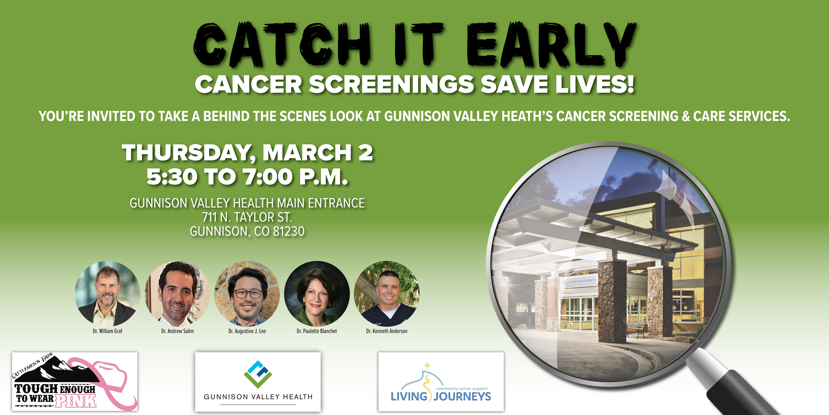Understand The Strength Of Your Bones
Bone density scanning or dual-energy x-ray absorptiometry (DEXA) is a type of low-dose x-ray test that measures calcium and other minerals in your bones. This test is most often used to diagnose osteoporosis—a condition that often affects women after menopause, but can also be found in men. Osteoporosis involves a gradual loss of calcium, causing the bones to become thinner, more fragile, and more likely to break.
Bone density scanning can also assess your risk for developing fractures. If your bone density is found to be low, you and your physician can work together to develop a treatment plan designed to help prevent fractures before they occur. This scan is also effective in tracking the effects of treatment for osteoporosis or for other conditions that cause bone loss.
Why might I need a bone density test?
Bone density testing is strongly recommended if you:
- Are a post-menopausal woman and not taking estrogen
- Have a personal or maternal history of hip fracture or smoking
- Are a post-menopausal woman who is tall (over 5’ 7”) or thin (less than 125 pounds)
- Use medications that are known to cause bone loss, including corticosteroids such as Prednisone, various anti-seizure medications such as Dilantin and certain barbiturates, or high-dose thyroid replacement drugs.
- Have Type 1 diabetes—formerly called juvenile or insulin-dependent diabetes, liver disease, kidney disease, or a family history of osteoporosis
- Have high bone turnover, which shows up in the form of excessive collagen in urine samples
- Have a thyroid condition, such as hyperthyroidism
- Have experienced a fracture after only mild trauma
- Have had X-ray evidence of vertebral fracture or other signs of osteoporosis
How is a bone density scan performed?
A bone density scan is a quick and painless procedure that involves lying on your back on an x-ray table so an area of your body can be scanned. You may be able to remain fully clothed, depending on the area of your body being scanned. However, you will need to remove any clothes that have metal fasteners, such as zips, hooks, buckles or buttons.
How often should a bone density test be done?
Medicare allows a bone density scan to be done once every two years, and this is the current recommended timeframe. There are exceptions to this rule if you have certain diseases.
Your healthcare provider will consider several factors, such as your age, level of fracture risk, previous medical history and current medications. Your healthcare provider will then make a personalized plan for how to assess and protect your bone health.
Leading edge technology backed by compassion and commitment.
At Gunnison Valley Health, we provide advanced imaging services right here in the Gunnison Valley. Our on-site radiologists and certified technologists offer expertise, experience, and diagnostic excellence to the residents and guests of our area.
For more information or to schedule an appointment, contact Gunnison Valley Health's Diagnostic Imaging Department at (970) 641-7253.
-

-
Excellent Radiology Technician Radiology
“The Radiology Technician was excellent in helping me to move slowly and carefully in order to avoid pain. She was very gentle ...
-Submitted by Anonymous -
Pleasant Mammography Experience Mammography
"Lovely, welcoming people at the front desk. Everything was ready to go when I arrived. Most pleasant place I’ve ever had ...
-Submitted by Anonymous -
Added to my Comfort Radiology
Staff person conducting the MRI provided a warm blanket to add to my comfort during the procedure. He did an excellent job of ...
-Submitted by Anonymous -
Can't Say Anything Negative Radiology
Staff was truly professional and knowledgeable during my imaging procedure. Can't say anything negative!
-Submitted by Anonymous -
So Grateful Radiology
The service from every person involved was incredible. I am so grateful for each person on the team.
-Submitted by Anonymous -
Highly Trained Staff Radiology
Staff was highly trained providing excellent care.
-Submitted by Anonymous














